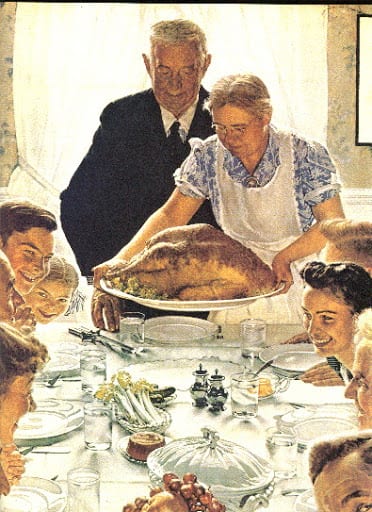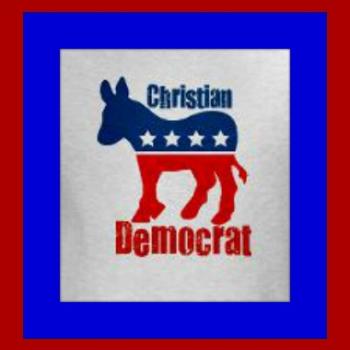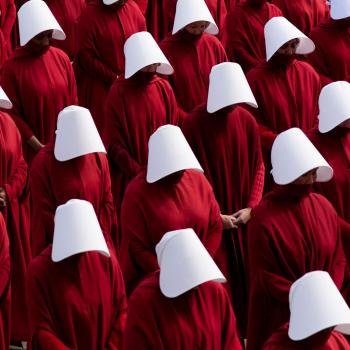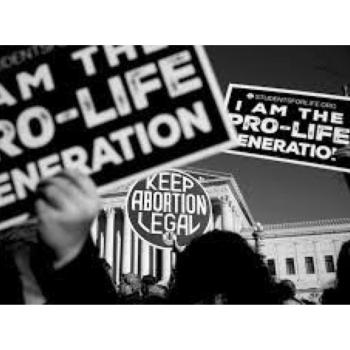
Born in Simpler Times
March 16, 1967:
That’s when I became a U.S. citizen.
I didn’t enter the country after a long ocean voyage.
I entered after a short trip through a birth canal.
That makes me special.
That means I didn’t have to do anything to earn my freedoms here.
They are my birthright because I won a race to an egg that happened to be inside an American woman.
But it’s more than that.
In winning that race, I also won a lottery.
That American woman, and the American man from whose loins I left the starting line, were both white and middle class.
That meant that I had the privilege of never having to fight for freedom from the color of my skin.
I’ve heard it said that I grew up in simpler times.
It often feels that way when I look back.
But I’ve come to realize that those times were only simple because I won that race and the lottery that accompanied it.
The kind of freedom I inherited is the freedom of being insulated from the harsher realities of the world; the freedom of growing up in a bubble.
I grew up in a small, white bread town in the rusty buckle of the Bible Belt.
Everywhere I looked I saw people who looked like me, lived in similar houses, went to similar churches, and held a similar world view.
We had our problems because life isn’t perfect, but our problems came despite who we were, not because of it.
And because we were who we were, living where we lived, working where we worked, worshiping where we worshiped, and learning what we learned, it felt like the whole world must be like us.
What else were we to think?
We were taught that our nation was pious; that to be an American was to be patriotic; that the growing problems of our country were the result of too many ingrates asking too many questions about too many things.
They should shut up and be proud.
Our nation was better off, we were told, in the era that preceded ours; back when America was a well-oiled machine keeping the world safe for Democracy.
We had a way of shutting up question-askers back then.
Democracy is wonderful if you’ll just fall in line.
Stand for the pledge.
Stand for the anthem.
Stand up, stand up for Jesus.
Step up when Uncle Sam calls your number.
Step out and kill those who don’t want freedom like ours.
Stand up or get out.
March 16th, 1968:
My first birthday party.
I was smeared with cake from head to toe.
People were bringing me gifts.
People were singing me songs.
I didn’t have a clue why.
I was just basking in my unearned freedoms.
On that very same day in “Pinkville,” the Quang Ngai Province of South Vietnam, in the tiny Hamlet of My Lai,
there were other one-year-olds and infants and toddlers and teens and parents and grandparents.
They were smeared with blood from head to toe.
Charlie Company had brought them guns and grenades and flame throwers.
Hundreds were massacred.
They had no clue why.
They had won their race to the egg, too, but they had lost the lottery.
Charlie Company were following orders:
“If it’s growing, cut it down,
if it’s a building, burn it to the ground,
if it is a well, poison it,
if it is alive, kill it.”
And so it went.
Back in paradise, my party went on uninterrupted.
Nobody ever marched into our hamlet.
We had won the lottery.
We were protected by our freedom; insulated from the harsher realities of the world.
We were living in our simpler times.
April 4, 1968:
Less than three weeks after my first birthday party, Dr. Martin Luther King Jr. was gunned down.
He, too, had won his race to the egg.
He, too, exited the birth canal as an American citizen.
But he didn’t win the lottery; his skin was dark brown.
He spent a lifetime in the same country I did.
He grew up in that era when our nation was better off, we were told, but he didn’t have the birthright of whiteness.
So he became a question-asker.
America knows how to shut up question-askers.
Fall in line, or get out, or die.
Ah, but those were simpler times.











